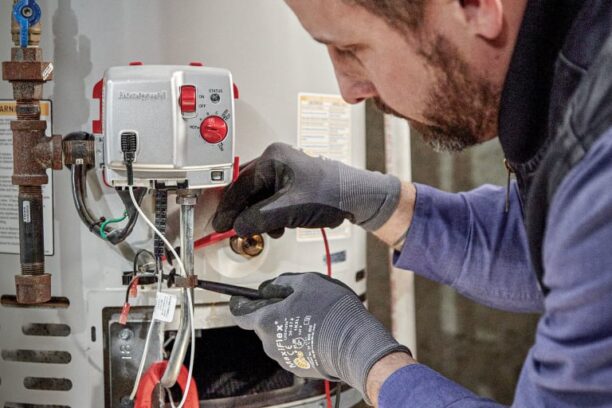How to Effectively Train New Propane Service Technicians
Training new propane service technicians effectively is crucial for ensuring safety, efficiency, and customer satisfaction. Here are the best strategies to ensure comprehensive training for these essential members of your team. Hands-On Training Hands-on training is vital in the propane industry. New technicians should practice skills in real-world scenarios under the supervision of experienced professionals.… Continue reading How to Effectively Train New Propane Service Technicians

